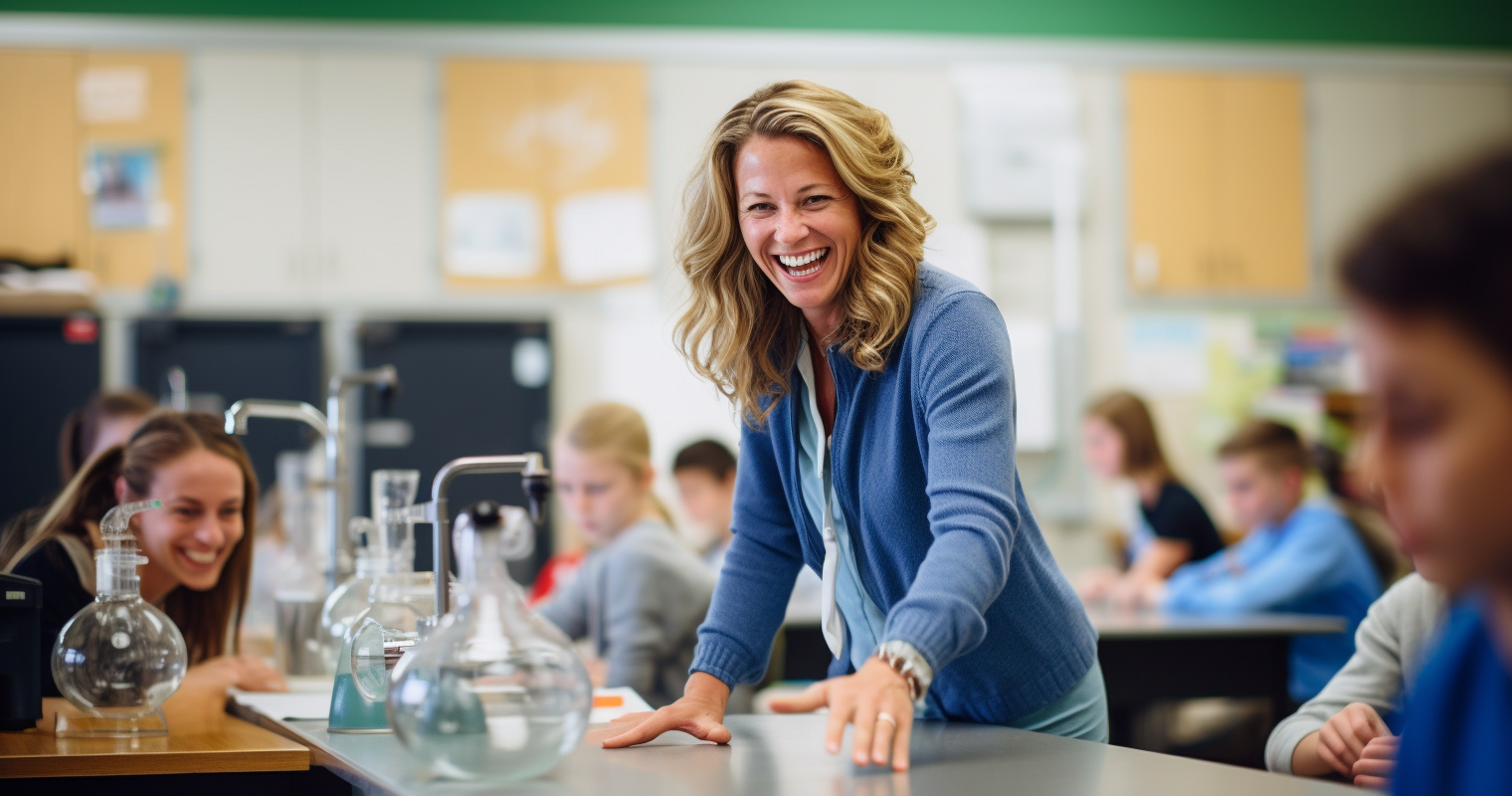South Africa has a diverse education system that offers opportunities for students to pursue education from primary to higher education levels. In this article, we will explore the education system in South Africa, including the quality of education, compulsory education ages, types of schools, syllabus and qualifications offered, school hours and holidays, enrollment requirements, international schools, and higher education options.
Quality of education
The quality of education in South Africa varies widely. While some schools provide high-quality education, others suffer from a lack of resources, infrastructure, and qualified teachers. South Africa has made significant efforts to improve its education system, with various initiatives and policies aimed at improving the quality of education for all students.
Compulsory education ages
Education is compulsory in South Africa from the ages of seven to fifteen. This includes both primary and secondary education.
Types of schools
In South Africa, there are several types of schools, including public schools, private schools, and special schools.
Public schools
Public schools in South Africa are funded by the government and provide education for students from primary to secondary levels. These schools are open to all students and are free of charge.
Private schools
Private schools in South Africa are privately owned and operated and charge tuition fees. These schools often have more resources and offer a wider range of extracurricular activities and specialized programs than public schools.
Special schools
Special schools in South Africa provide education for students with special needs or disabilities. These schools offer specialized programs and resources to help students with learning or physical disabilities.
Syllabus and qualifications
Schools in South Africa follow a national curriculum that includes a wide range of subjects, including mathematics, science, language, social studies, and physical education. At the end of secondary education, students take a national exam called the National Senior Certificate, which determines their qualifications for higher education.
School hours and holidays
School hours in South Africa vary depending on the type of school and age of the student. Generally, primary schools have shorter days, while secondary schools have longer hours. School holidays in South Africa include summer vacation, winter vacation, and several shorter breaks throughout the school year.
Enrollment requirements
To enroll in a school in South Africa, parents must provide a birth certificate or passport for their child, as well as proof of residency. There is significant competition for enrollment in popular schools or schools with a good reputation, especially for private schools.
International schools
There are several international schools in South Africa, which cater to expatriate families and offer education in English or other languages. Some popular international schools in South Africa include the American International School of Johannesburg, the British International College, and the International School of Cape Town.
Higher education options
South Africa has several universities and colleges that offer undergraduate and graduate programs in various fields, such as business, engineering, and medicine. Some popular universities in South Africa include the University of Cape Town, the University of Johannesburg, and the University of Pretoria.
South Africa has a diverse education system that offers opportunities for students to pursue education from primary to higher education levels. While the quality of education varies widely, the government and various initiatives are working to improve the education system and provide quality education for all students.

